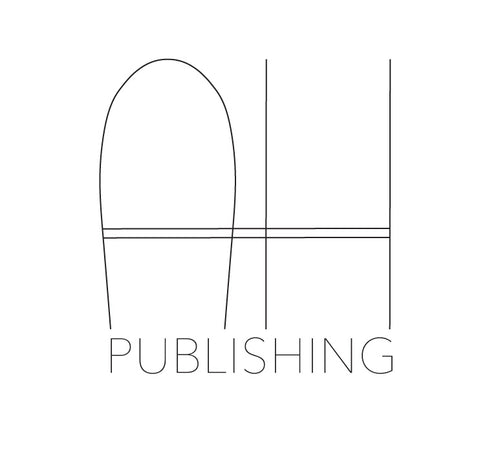We don’t like to think of creativity as being a business, and it is not. But publishing a book is. Taking the creative act from something personal to something for others is a risk, often financially so. Depending on the kind of publisher you work with, the degree will vary. Traditional publishing is seen as a more author-friendly option because it lowers the upfront risk and costs associated with publishing and puts them on the publisher. But that doesn’t take into account the skill—social, marketing, and writing—editorial costs paid to hone your work, education, owning a computer or other hardware/software, and other “hidden costs” to get to the level of someone who can get a traditional publishing deal. Traditional publishers expect professionalism. You can’t consider writing as a hobby or a side hustle and make it in that world in the same way you can’t play a pick-up game for a sport once a week and seriously think they have what it takes to play professionally. Count the costs. Not all costs are financial, but many are. Hybrid and self-publishing both require more up-front investment on the author’s part financially. This is the immediate deterrent to these models. Can you recoup those costs and be successful? Are you okay if you never do? These are the questions you’ll have to ask yourself if you go down these routes. How much effort and work are you willing to put in? Gauge your expectations and goals up front to help avoid disappointment down the line and make the overall process easier on yourself. Someone always pays and there is always a cost, even if it seems free. If there was no cost, everyone would be doing it. It is the nature of precious objects that they are scarce and the cost you pay—financial or otherwise—is the deterrent that is used to weed out pyrite from gold.
Conclusion
We have now gone through the very basics of publishing. Below is a brief summary of the key takeaways:
—Know your goals and manage your expectations.
—Develop and hone your skill.
—Consider the options for publishing and return to your goals and expectations to make sure whatever option you choose aligns with them.
—Writing is communication, and communication should be edited and well-thought through. Communication is with others and not alone. Bring others in, share your work, and write clearly and concisely.
In the next section of blogs, we will move on to discussing specifications for books and book production. I hope these initial posts have provided some foundation on which to think and build upon as we proceed. Throughout the writing and creative process you must continue to return and assess your goals and expectations.
And now for something completely different…

